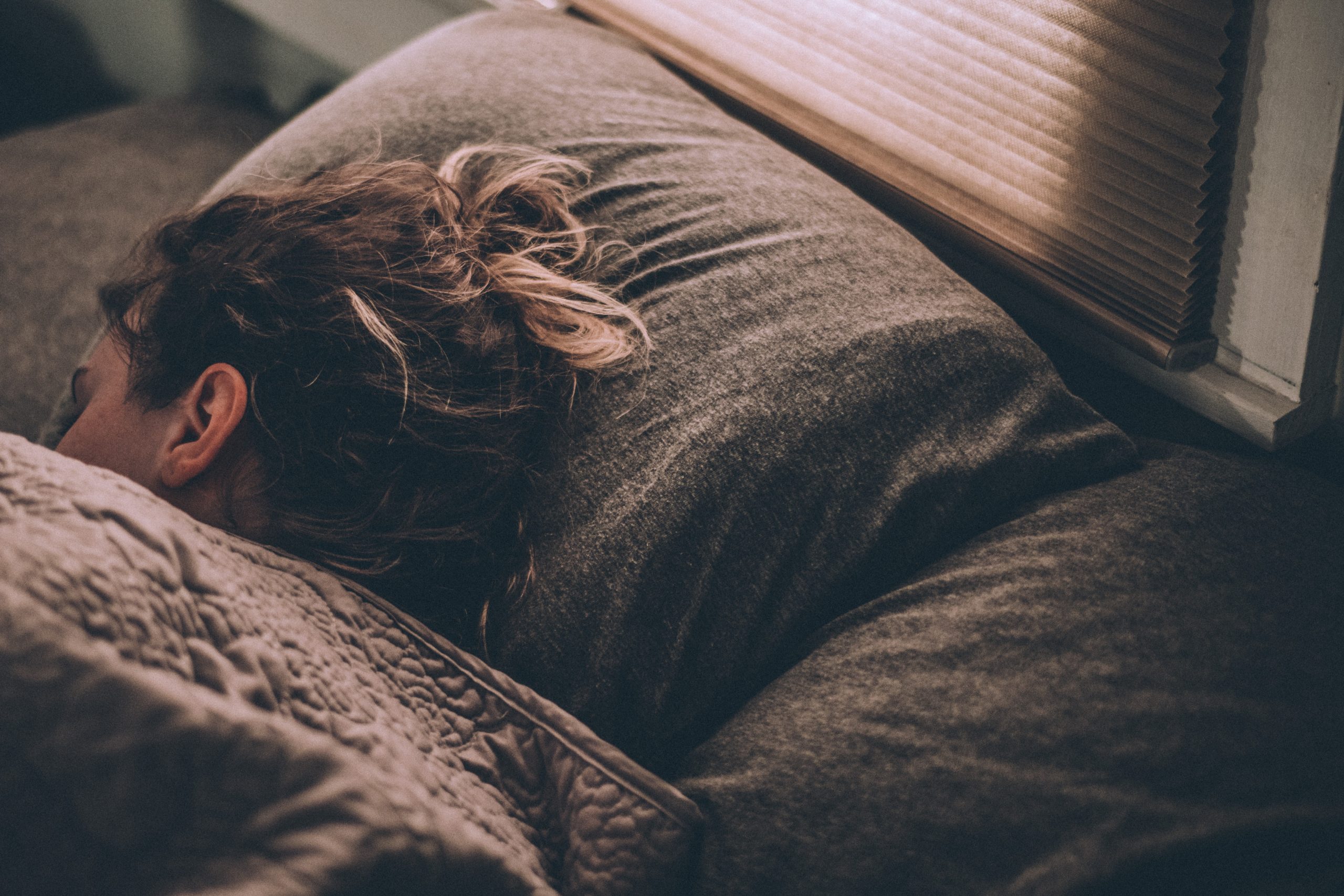Some speculate that it’s the influence of cultural practices; others think it’s all about the bustling life of the country at night.
In the global race to catch some sleep, it appears that Qatar is leading the charge in doing quite the opposite, as the nation has taken the top spot for the highest percentage of short sleepers.
Utilising Sleepcycle.com data, PlushCare took an analytical approach to measure the percentage of long sleepers (>10 hours/night), short sleepers (<5 hours/night), and those adhering to the recommended sleep duration (7-9 hours/night) across different countries, even correlating this data with OECD annual working hours.
Interestingly, Middle Eastern nations, including Qatar, recorded the world’s worst sleep statistics with 36.64%, and the lack of long sleepers is starkly matched by an abundance of short sleepers.
Contributing factors may include the extended social and working hours during Ramadan, which for 29-30 days annually, may be enough to decrease the sleep average.
According to the American Academy of Sleep Medicine and the UK’s National Health Service, adults over 18 should aim for at least seven hours of sleep per night.
Northern European countries, Australia, and New Zealand marked the top of the charts for recommended sleep time.
However, even amongst these countries, a significant portion of people fail to achieve the necessary sleep, whereas the situation in Middle Eastern and East Asian countries is even more concerning.
Australia and New Zealand stand out as leaders in the long sleeper category, while Asian, South American, and Middle Eastern countries, including Qatar, dominate the ranks of fewest long sleepers.
Gender and social contexts play a role in these trends, as studies show sleep duration varies across countries.
Working hours and sleep maintain a complex balance.
Denmark, enjoying one of the world’s shortest work weeks at 26 hours, has a healthy sleep pattern. In stark contrast, Mexico’s work-to-sleep ratio is alarming, with employees working around 900 hours more per year than Danes.
However, struggles with sleep are not confined to a particular region.
Women, minorities, and those with underlying health conditions often find it hard to sleep. A shocking 50 to 70 million Americans possibly suffer from chronic sleep disorders, leading to a quest for artificial solutions. In some Scandinavian countries, searches for sleep aids such as melatonin and lavender reach 80,000 per million people per year.
Modern times have witnessed the rise of gadgets like the $600 ‘sleep robot’ and a surge in conditions like orthosomnia, where tracking sleep data makes it harder to sleep.
But timeless advice, including exercise, avoiding late-day caffeine, and maintaining a consistent routine, may remain the best guidance for good sleep.







